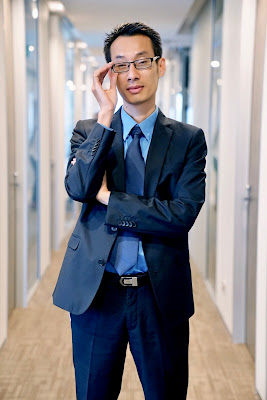The programme will end on 31 Nov 2021.
The visa applicants need to commit to developing a start-up project in South Australia in any industry sector. However, priority will be given to proposals in the industry sectors/areas listed under item 7 below:
- Cyber Security, Big Data, Digital and Blockchain
- Food, Wine and AgTech
- Health and Medical Technology
- Robotics
- Media and Film
The project must have a strong potential to create local employment and export revenue for South Australia.
The project will have at least 50% of its assets and at least 50% of your staff located in South Australia during the period of your Temporary Activity (subclass 408) visa.
- Student visas (including subclasses 500, 570, 571, 572, 573, 574)
- Subclass 403; International Relations
- Subclass 771; Transit Visa
If you are currently on a subclass 485 visa, you must be presently engaged in a structured program offered by one of our identified South Australian innovation eco-system providers and the provider organisation will support your application to be considered.
- Cafés and restaurants
- Consulting firms/companies
- Employment agencies
- Export/import businesses/companies
- Franchises
- Foot reflexology
- Massage parlours
- Acupuncture
- Traditional Chinese medicine
- Herbal dispensing businesses
- Geomancy/fengshui business
- Retail
You must have at least Vocational level English:
- IELTS (general or academic) 5 each band or
TOEFL iBT;
- Listening 4
- Reading 4
- Writing 14
- Speaking 14
PTE Academic; 36 each band
CAE; 154 each band
OET; B
Passport holders and citizens of the UK, Canada, New Zealand, US, or the Republic of Ireland are exempt from providing an English test result.
The visa applicants need to have combined cash and assets within the range listed in the table below. As a guideline, when you arrive in South Australia, Immigration SA recommends that offshore applicants have at least $20,000 in cash and onshore applicants have at least $5,000 in cash for settlement. You should not dispose of any assets before the visa is granted.
Passport holders and citizens of the UK, Canada, New Zealand, US, or the Republic of Ireland are exempt from providing an English test result.
- Main applicant only; AUD $ 20,000 - $25,000
- Main applicant + 1 dependant; AUD $25,000- $30,000
- Main applicant + 2 dependants; AUD $30,000 - $35,000
- Main applicant + 3 dependants; AUD $35,000 - $40,000
- Main applicant only; AUD $5,000 - $10,000
- Main applicant + 1 dependant; AUD $ 10,000 - $15,000
- Main applicant + 2 dependants; AUD $15,000 - $20,000
- Main applicant + 3 dependants; AUD $20,000 - $25,000


